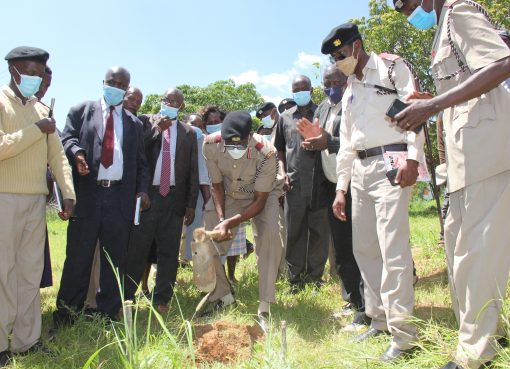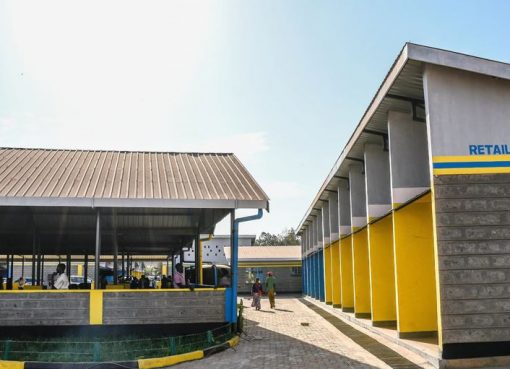Lack of expert advice coupled with inadequate certified planting materials and gaps in legislation have been identified as the major challenges facing cassava farming in the country.
Deputy Head, Roots and Tuber Crops Unit at the State Department of Crop Development, Naomi Kihara said despite its nutritional value and promise for improved livelihoods, cassava farming has been facing low and declining productivity overtime.
Kihara underscored the need for stakeholders to create an enabling environment for the development of cassava industry.
She said cassava as a drought resistant crop can help address the government’s Big Four Agenda on food security and increase incomes for many poor households that would have nothing else to sell.
Speaking on Tuesday at Wote during a stakeholder’s forum, Kihara said provision of extension services, adequate disease-free planting materials and development of necessary policies will improve productivity and marketability of cassava both in the domestic and international markets.
In 2018 Kenya produced close to 900,000 metric tonnes of cassava, down from 1.2 million tonnes in 2017.
Busia County topped the list of production levels with over 222,713 tonnes valued at Sh 2.5 billion.
‘‘Kenya currently produces close to one million tonnes of cassava most of which is consumed locally, however the country has the potential to produce more than three million tonnes annually,’’she said.
The deputy head at the Roots and Tuber Crops section noted that the cassava industry in the county had a lot of potential due to the growing demand for natural foods and demand for industrial use.
To address the gap, Kihara said the Ministry of Agriculture had established a roots and tuber section to facilitate market development for cassava among other tuber crops and increase production levels.
‘‘Cassava is one of the most important tuber crops in Kenya after cereals and our aim is to establish a sustainable cassava industry and improve the livelihoods of farmers,” she added.
Speaking at the same forum, County Director Industrial Crops Charles Ndung’u said Makueni had unexploited potential for cassava growing due to the prevailing climatic conditions and added that the county government will provide subsidies to cassava farmers before October to increase production.
‘‘Last year Makueni produced 542 tonnes of cassava worth Sh 166 million but we intend to exploit the unutilised potential and increase productivity,’’said Ndung’u.
By Roselyne Kavoo




